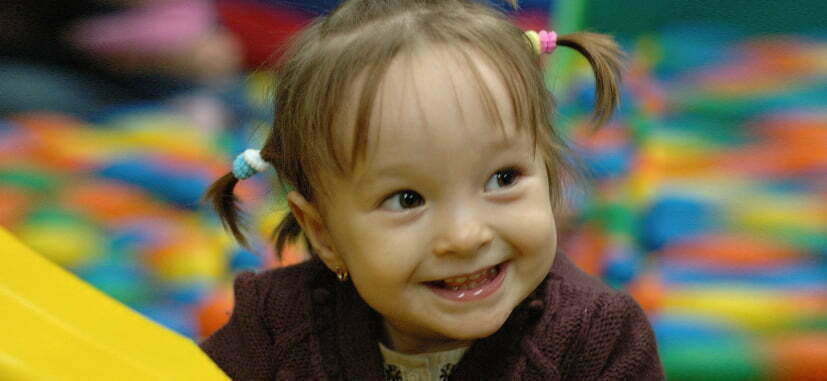Today I want to write about something that I myself am guilty of to some extent and something I personally am working on. As it turns out it is something that other families have run into with one or more persons within their family. The subject is manners.
Now growing up, we learn to say “please”, “thank you” and “excuse me”. This is using manners. Not picking your nose in public, not belching or farting in public, not being disruptive — yelling, screaming etc, not saying gross things (most of the subject of comedy I might add), not leaving messes. These are all bad manners. But what are manners really?
I remember one of my first jobs. I had a boss who was from Ireland. One day after work we were chatting about different cultures and she told me this story of a young man who was invited to a very refined home for dinner. This young man came from a rural type culture and started to eat his peas with his knife. The other people at the table looked at him with disdain, but the host smiled, picked up his knife and ate his peas with his knife too and started to talk to the man about his culture. After telling me this story she said that manners consisted of making a person feel comfortable and welcomed — not different. It was the first time I ever heard “manners” explained in such a way. I thought about this and felt this was probably correct.
Years later I read something a friend of mine wrote breaking down “manners” and delineating exactly what manners are: honoring the customs of an area, allowing others to be themselves without criticism (granting beingness), and good two way communication. Ordering people about with very little affinity towards them or in ways they cannot agree is not good two-way communication. Disregarding what someone says and ignoring them or blowing them off is making little of the person, not granting them beingness, and again not using good two-way communication.
OK – so as children we kind of get the idea of this, even if not explained with so much detail. We get it well enough to know that if we act the wrong way in public we will not be received well, we will not be helped, we will not survive as well.
In the confines of their own homes, however….. parents as well as children feel they can “let their hair down” sort to speak. At home we are sometimes tired and cranky and while out in the world we might curb and restrain our crankiness, at home we think it is OK to let it fly!
Let’s examine this for a minute though: Out in the world we are encountering strangers or people who are less responsible for our survival; certainly those who don’t have as much love and desire for the responsibility of us as our parents and brothers and sisters do. Yet these are the people that we are more likely to be angrily ordering about, ignoring, speaking disrespectfully to etc. I see this often. To the teacher, store clerk and the friend’s mother, even when we don’t feel like it we keep our manners in check. To mom and dad or to our children, we order them about sometimes with annoyance (or in boredom at best) when we are tired and hungry or distracted. And something that seems to have become more prevalent in this day and age is kids cussing and blowing off their parents.
Isn’t this odd? The people we love and care for the most, the people we depend upon most for our survival are the people we are disrespecting. Is it because manners can’t be maintained all of the time and we all just big phoneys until we get home? Is it because we are undisciplined? Is it because we think our parents owe us the things they provide for us and so it doesn’t matter? What is this?
If manners truly are the way we gain cooperation and joy with and from one another then why would we act any other way even if we are tired or hungry or angry? It doesn’t really make sense.
If we look at a family as “a team that is working for and with each other toward the goal of each member finding and achieving their purpose and joy in life against the obstacles of the world and outside forces”, then you can see that cooperating with one another, keeping each other informed with good two-way communication and using manners with one another is as important than maintaining it with anyone else. Maybe more so.
And to me, this is what we need to teach our children about manners more than anything. This is what we need to practice ourselves as parents and in doing so become their example of manners.
Many teens today seem to be operating off of false information about this. I don’t know if it was an idea forwarded by the late 1960′s that it is OK to disrespect and distrust people over thirty and somehow that continued to be promoted, or if it is the content of situation comedies we see on television, but I see and hear them talking disrespectfully to their parents when I am out and about.
As I mentioned, when I am tired or hungry, my daughter has pointed out that I have sometimes been a little too curt when giving her direction or asking her to help out. We are working on that. And that is my point: families should work on this problem together. Children should be given the correct information about what is and is not manners, not just examples of what and what not to do. They need to know the reason behind it and the mechanics of it. And adults need to honor that “manners” is not just something we enforce with our kids or use with strangers but also use with everyone at all times. If we did, we would not only have happier families but we would have a happier world!
For more exact information on this and drills on applying this information contact Mace-Kingsley Family Center at 727-442-3922.





